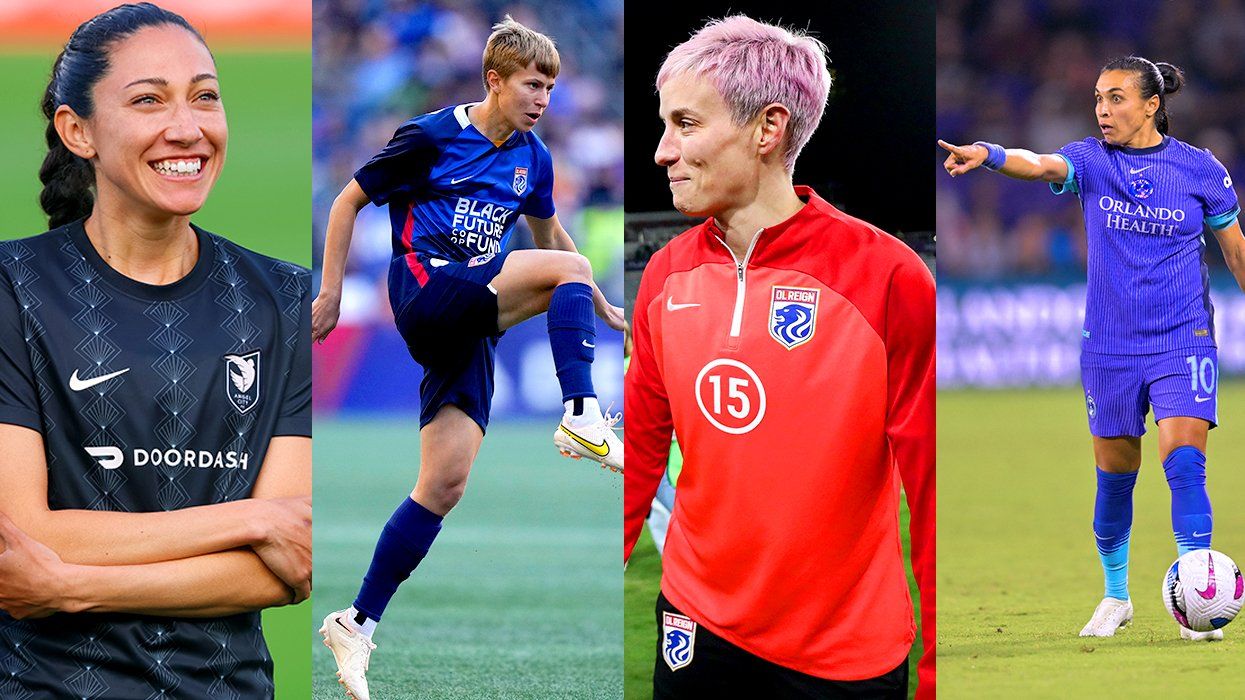Among the usual laundry list of American priorities and constituencies, the State of the Union address for the first time explicitly included lesbians, bisexual and transgender people.
It might be surprising, but never before had any president used the words "lesbian," "bisexual" or "transgender" when talking to the huge audience that watches the annual State of the Union. The reference came Tuesday as part of President Obama's description of the values that make us American.
"As Americans, we respect human dignity, even when we're threatened," the president said, adding later, "That's why we defend free speech, and advocate for political prisoners, and condemn the persecution of women, or religious minorities, or people who are lesbian, gay, bisexual, or transgender. We do these things not only because they are the right thing to do, but because ultimately they will make us safer."
Advocates cheered their direct inclusion in the speech, saying it makes all talk about Americans inherently more inclusive throughout the speech.
"Hopefully, if President Obama can say the word 'bisexual,' the rest of the world can too," said Faith Cheltenham, president of BiNet USA. "Whether it's bisexual funding, bisexual health services, bisexual rape counseling services, or bisexual suicide prevention, 'the B in LGBT' needs to be acknowledged and identified as a population in dire need of support and resources."
“It is very heartening that President Obama has chosen to speak up for transgender people in a State of the Union Speech about American values," said Mara Keisling, executive director for the National Center for Transgender Equality. She added that it "would have been important" to be mentioned when Obama advocated for equality in previous State of the Union addresses while praising him for "leading the way in advancing policies that have improved and saved transgender lives."
"Of course, the advancement of those policies is so much more important than a mention in a speech," Keisling said. "But make no mistake, the president of the United States condemning persecution against transgender people is pivotal. It will empower trans people to stand taller and work harder to improve this country for all people."
Ahead of this year's speech, which focused on income inequality and the president's plan for middle-class tax cuts, Obama often returned to the tone set by his 2004 Democratic National Convention keynote speech that first propelled him into the national spotlight with its theme of coming together.
"I still believe that we are one people," he said. "I still believe that together, we can do great things, even when the odds are long. I believe this because over and over in my six years in office, I have seen America at its best." He marveled then at the progress he's witnessed, adding, "I've watched Americans beat back adversity from the Gulf Coast to the Great Plains; from Midwest assembly lines to the Mid-Atlantic seaboard. I've seen something like gay marriage go from a wedge issue used to drive us apart to a story of freedom across our country, a civil right now legal in states that seven in ten Americans call home."
Obama's own evolution could be added to that list of changes. He took office while still opposing same-sex marriage then backed it before running for re-election and now — ahead of the Supreme Court hearing a series of cases on marriage equality this spring — calls it a "civil right."
"I want future generations to know that we are a people who see our differences as a great gift," he said, "that we are a people who value the dignity and worth of every citizen - man and woman, young and old, black and white, Latino, Asian, immigrant, Native American, gay, straight, Americans with mental illness or physical disability. I want them to grow up in a country that shows the world what we still know to be true: that we are still more than a collection of red states and blue states; that we are the United States of America."
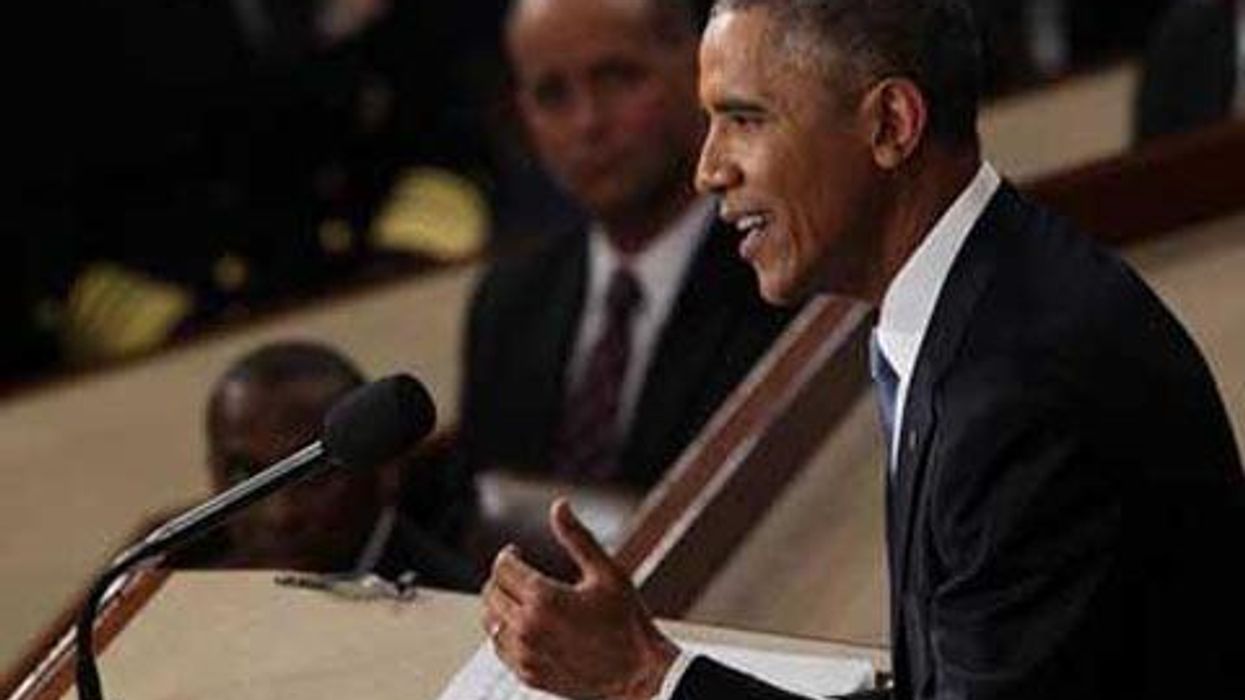













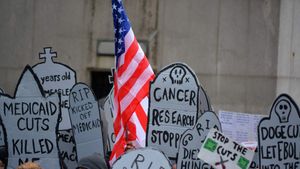
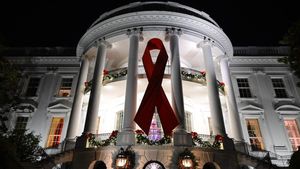
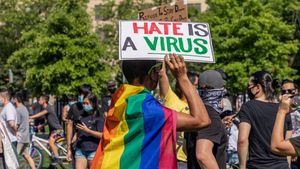
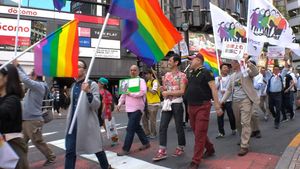

























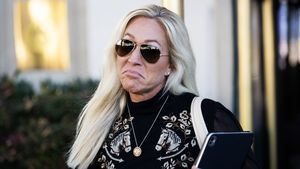
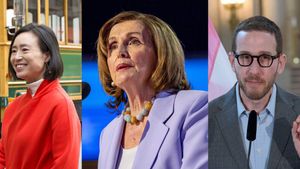
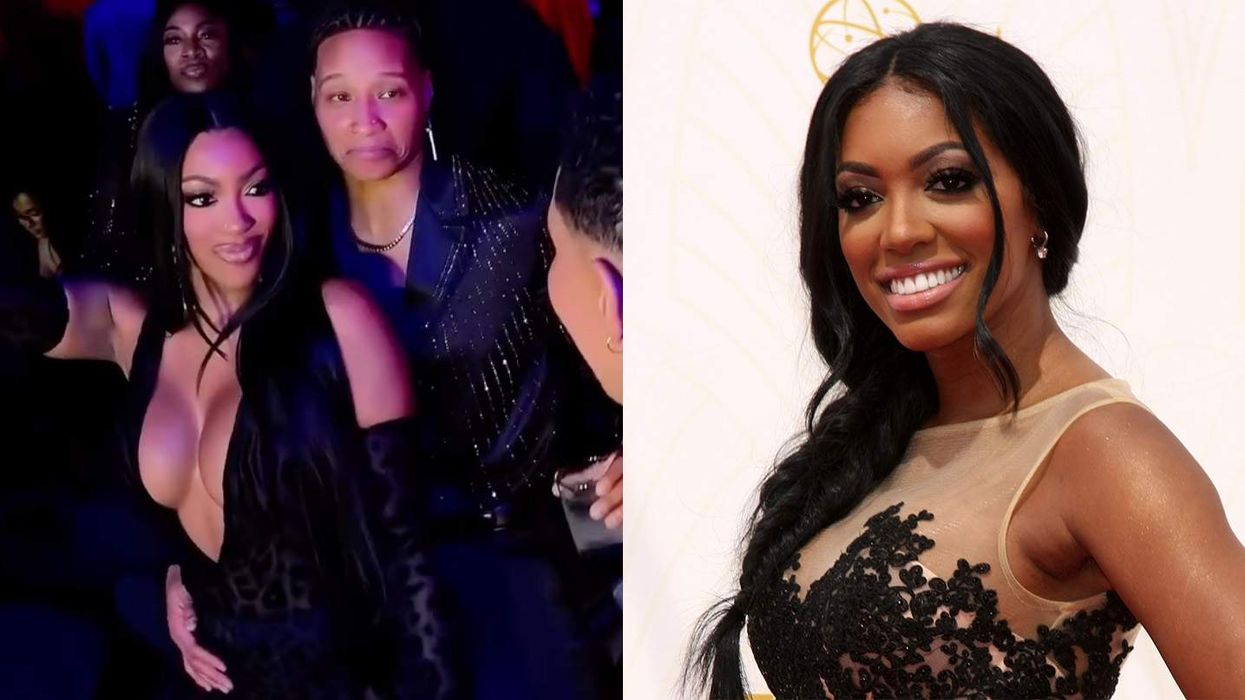



































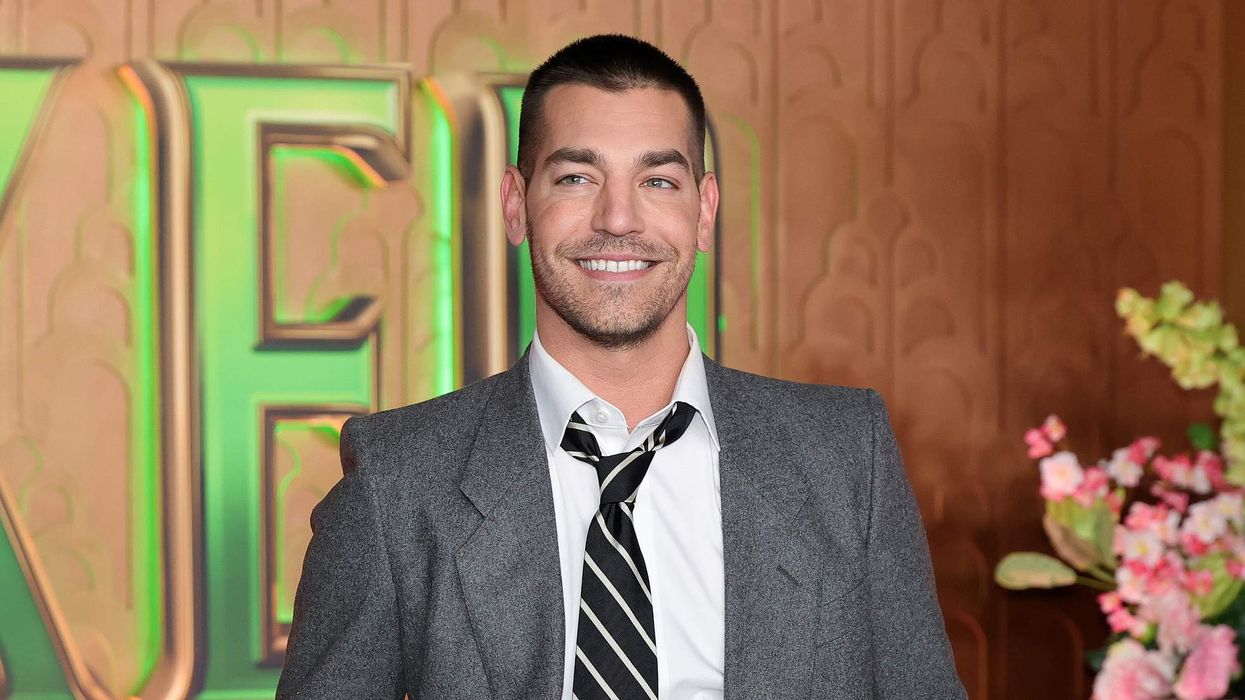
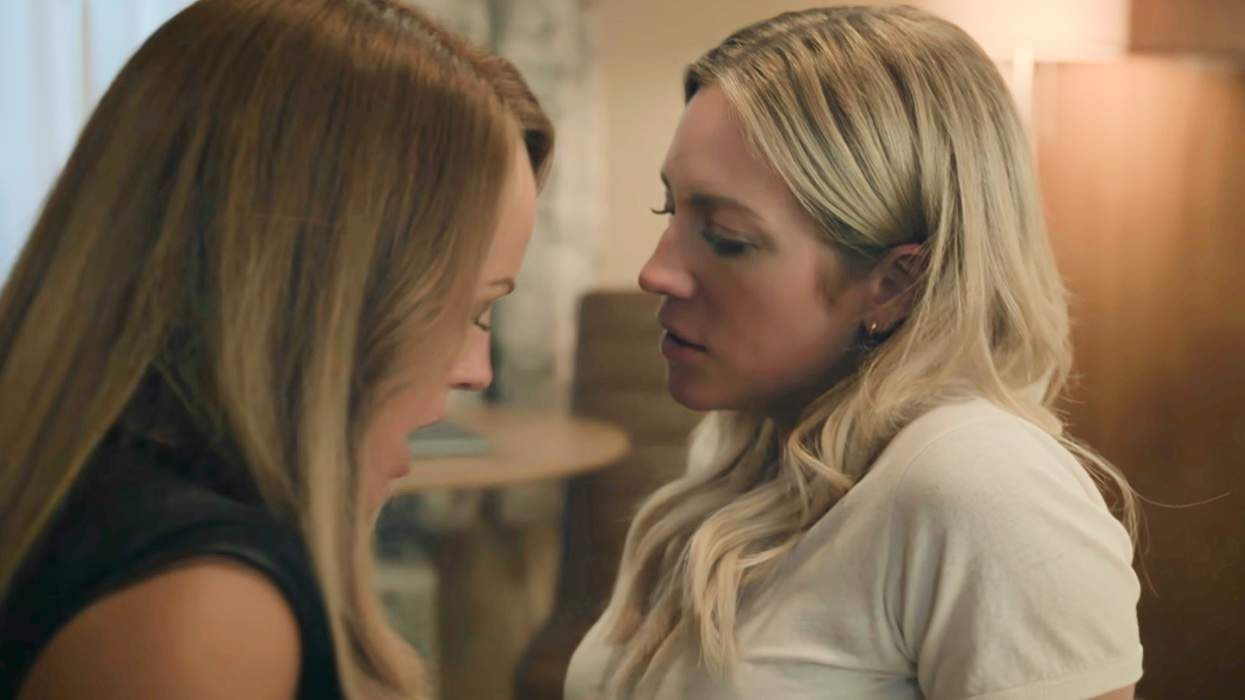



 Cindy Ord/Getty Images
Cindy Ord/Getty Images
























